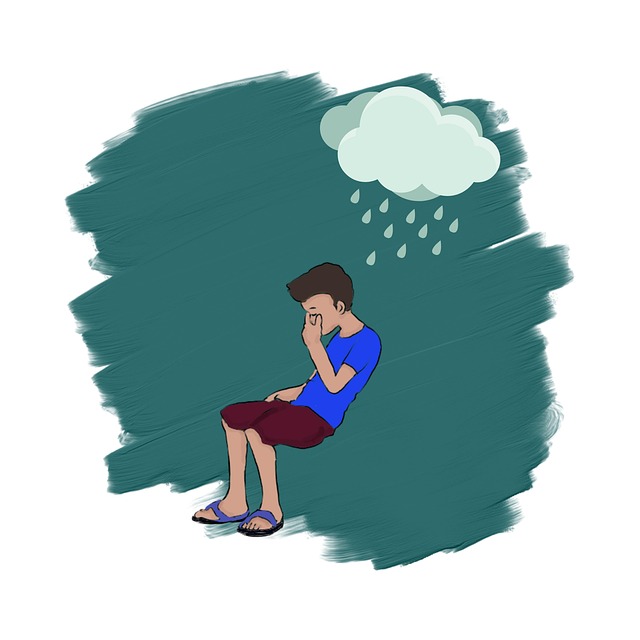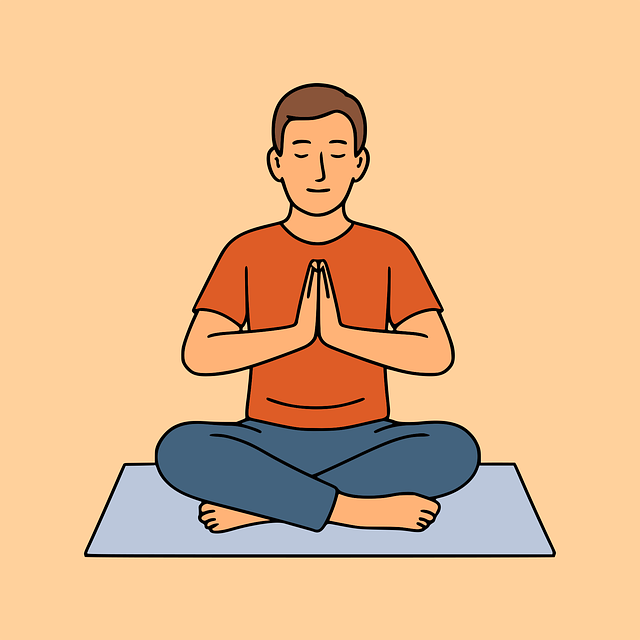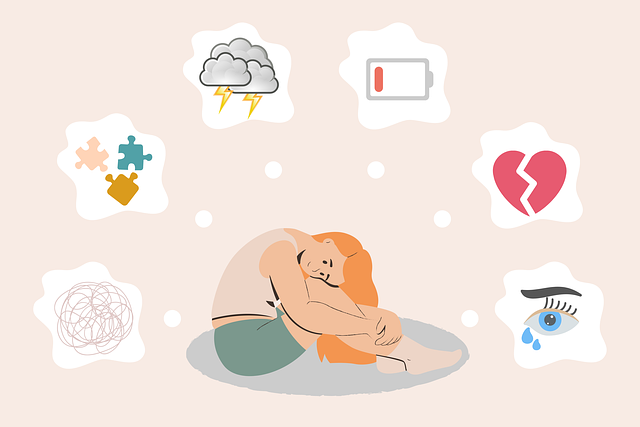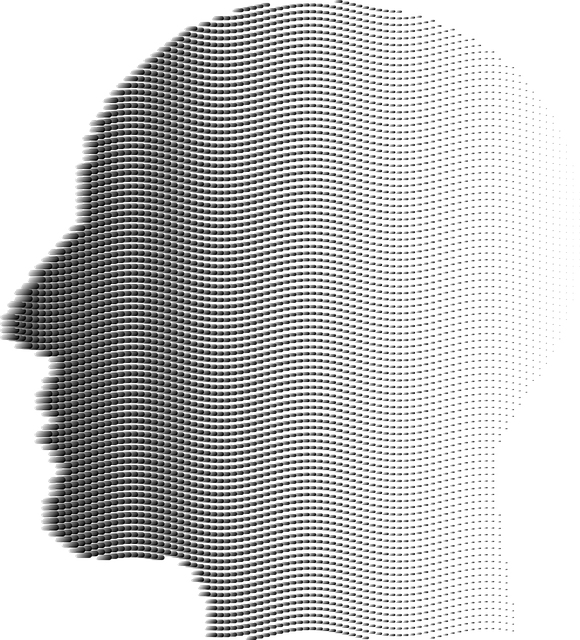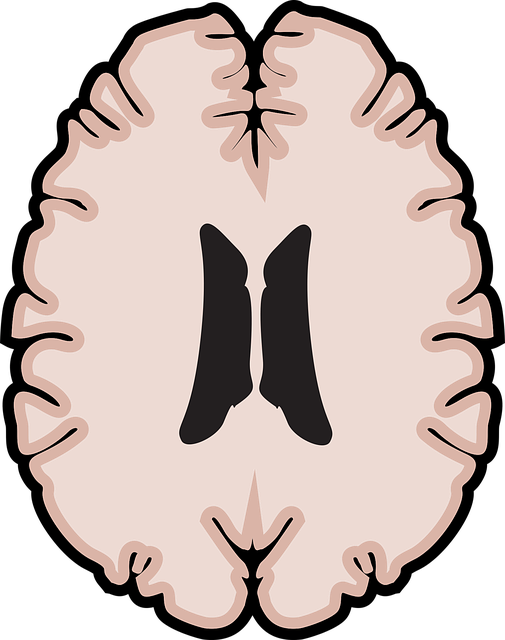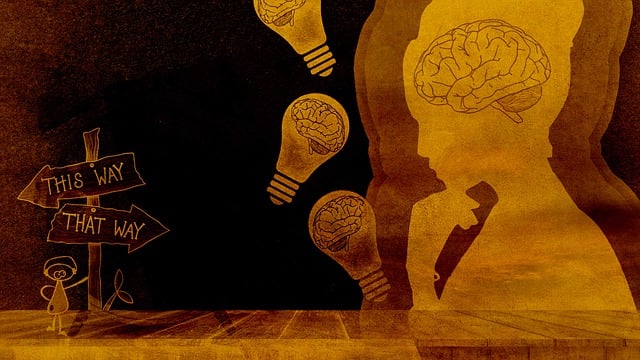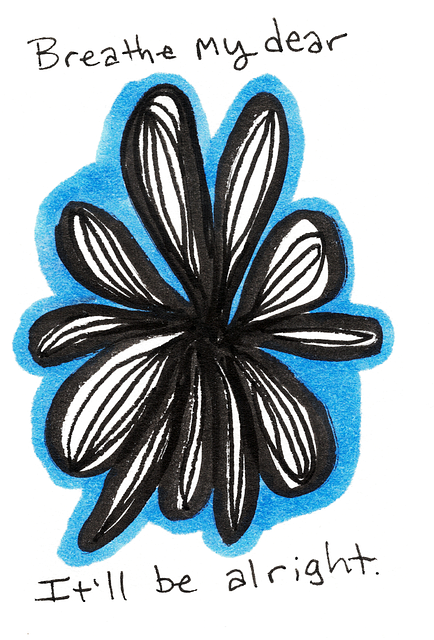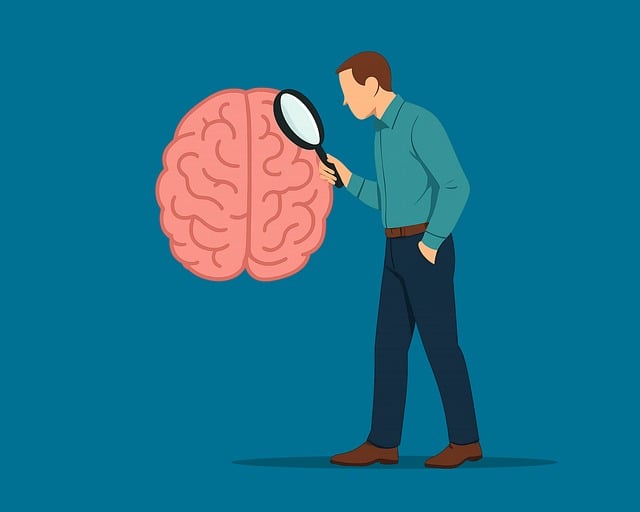Anxiety disorders, including Wheat Ridge Post-Traumatic Stress Disorder (PTSD) therapy, are neurological conditions requiring understanding and effective treatment. Cultural sensitivity, evidence-based therapies like Cognitive Behavioral Therapy (CBT), mindfulness techniques, relaxation exercises, and healthier lifestyle choices empower individuals to manage anxiety symptoms successfully. Integrating these strategies improves quality of life, reduces mental illness stigma, and promotes better mental health policy analysis.
Anxiety is a prevalent condition affecting individuals across various walks of life, but managing it effectively is essential for overall well-being. This article explores powerful strategies to combat anxiety and reduce its impact on your daily routine. We delve into understanding the root causes, including post-traumatic stress disorder (PTSD), and offer practical solutions like Cognitive Behavioral Therapy (CBT) and mindfulness practices. Additionally, discover lifestyle changes that can significantly improve mental health and provide tools for navigating anxiety-provoking situations, all tailored to help you conquer concerns in Wheat Ridge or beyond.
- Understanding Anxiety and its Impact
- Cognitive Behavioral Therapy (CBT): A Powerful Tool
- Mindfulness and Relaxation Techniques
- Lifestyle Changes for Better Mental Health
Understanding Anxiety and its Impact

Anxiety is a natural response to stress, but when it becomes overwhelming and persistent, it can significantly impact daily life. It’s crucial to understand that anxiety disorders, such as post-traumatic stress disorder (PTSD), are not mere emotions; they are neurological conditions affecting the brain’s function and chemistry. The symptoms of anxiety can range from excessive worry, fear, restlessness, and panic attacks to physical manifestations like rapid heartbeat, sweating, and insomnia. If left unaddressed, chronic anxiety can lead to severe mental health issues, hindering one’s ability to work, socialize, or engage in everyday activities.
In the context of Wheat Ridge PTSD therapy, understanding cultural sensitivity in mental healthcare practice is paramount. Different cultures have unique ways of expressing and interpreting anxiety. What may seem like an anxiety attack to one person could be a cultural response to stress. Incorporating conflict resolution techniques and designing comprehensive mental health education programs can aid individuals in managing their symptoms effectively. By combining evidence-based therapies with culturally sensitive approaches, mental health professionals can help clients navigate their anxiety, fostering a sense of control and improved quality of life.
Cognitive Behavioral Therapy (CBT): A Powerful Tool

Cognitive Behavioral Therapy (CBT) is a highly effective approach to managing anxiety disorders, offering individuals a powerful tool to combat their symptoms and improve overall well-being. This evidence-based therapy focuses on identifying and changing negative thought patterns and behaviors that contribute to anxiety and related conditions like post-traumatic stress disorder (PTSD). By addressing these underlying issues, CBT enables clients to develop healthier coping strategies, enhancing their ability to navigate challenging situations with reduced anxiety.
In the context of Wheat Ridge PTSD therapy, CBT plays a pivotal role in helping individuals process traumatic experiences and associated memories. Through structured sessions, therapists guide patients in challenging unhelpful beliefs and replacing them with more adaptive ones. This process empowers clients to regain control over their lives, fostering resilience and promoting better mental health outcomes. Additionally, integrating self-care routine development for better mental health as part of CBT treatment can further alleviate anxiety symptoms, while also addressing broader Mental Health Policy Analysis and Advocacy concerns by encouraging individuals to actively participate in their care.
Mindfulness and Relaxation Techniques

Mindfulness and relaxation techniques are powerful tools for managing anxiety and improving overall well-being. Practicing mindfulness involves focusing on the present moment without judgment, allowing individuals to observe their thoughts and emotions as they arise. This simple yet profound approach can help reduce anxiousness by calming the mind and fostering a sense of detachment from stressful situations. Through regular mindfulness exercises like meditation or deep breathing, people with Wheat Ridge post-traumatic stress disorder (PTSD) therapy can learn to manage symptoms more effectively.
Relaxation techniques, such as progressive muscle relaxation and guided imagery, are also effective in anxiety management. These practices promote physical calmness by reducing muscle tension and slowing heart rate, thereby improving mood management. Integrating mindfulness and relaxation into daily routines not only enhances mental health awareness but also contributes to Mental Illness Stigma Reduction Efforts by normalizing healthy coping mechanisms. By embracing these strategies, individuals can navigate life’s challenges with greater resilience and a heightened sense of inner peace.
Lifestyle Changes for Better Mental Health

Adopting a healthier lifestyle can significantly contribute to managing anxiety and improving mental well-being. Regular exercise, for instance, plays a pivotal role in reducing stress levels and enhancing mood by boosting the production of endorphins, often referred to as ‘feel-good’ hormones. Incorporating activities like walking, yoga, or even engaging in hobbies that promote physical movement can be powerful tools in the fight against anxiety disorders, including Post-Traumatic Stress Disorder (Wheat Ridge Post-Traumatic Stress Disorder Therapy).
Additionally, prioritizing a balanced diet and adequate sleep is essential. Foods rich in omega-3 fatty acids, vitamins B and D, and magnesium have been linked to better mental health. Establishing a consistent sleep routine not only supports overall physical health but also helps regulate emotions and maintain cognitive function. Social Skills Training can benefit individuals with anxiety by teaching them effective communication strategies, fostering deeper connections, and reducing social isolation, which is often a contributing factor to heightened anxiety or depression prevention efforts.
Anxiety is a common yet manageable condition, as evidenced by the diverse anxiety management techniques discussed in this article. From understanding the impact of anxiety and its root causes, such as post-traumatic stress disorder (Wheat Ridge PTSD therapy is a notable approach), to employing evidence-based methods like Cognitive Behavioral Therapy and mindfulness practices, there’s a comprehensive toolkit available for effective coping. Lifestyle changes, including regular exercise, balanced nutrition, and adequate sleep, further reinforce mental well-being. By combining these strategies, individuals can take control of their anxiety, enhance overall quality of life, and cultivate resilience.
